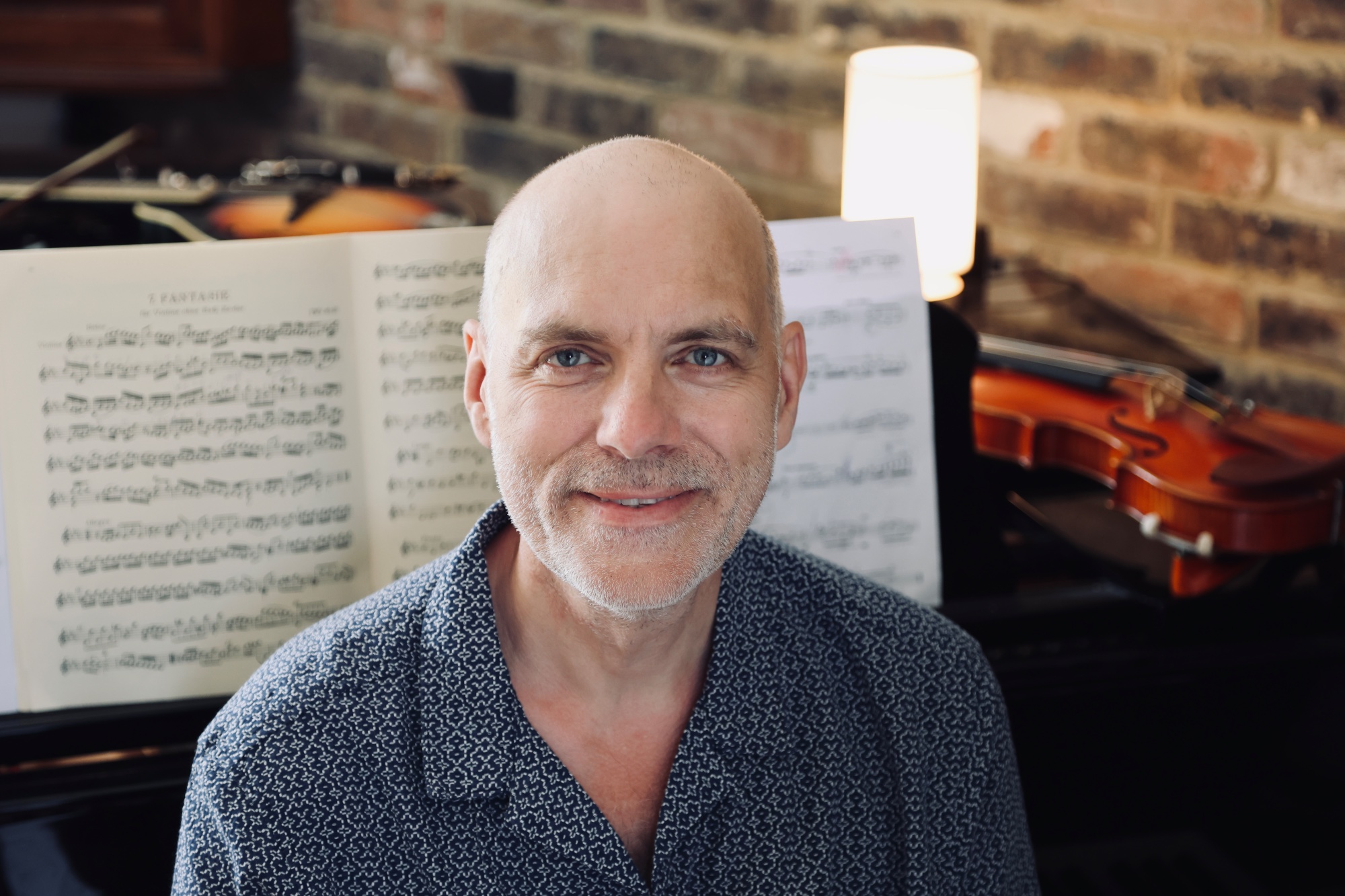Cognitive science converging on idea that relational reasoning is core to human cognition, research shows
- Multiple fields converge on idea that our ability to relate our environment to one another is central to intelligence
- Research by University of Chichester’s department of Psychology and Counselling
- Paper published in renowned Intelligence journal highlights how relational approach to psychology is consistent with thought in behavioural science, neuroscience, cognitive science, linguistics, education, and evolution science
MULTIPLE fields in modern cognitive science are now converging on the idea that the ability to relate parts of our environment to one another is central to what it means to be intelligent, new research by the University of Chichester has shown.
A paper, published in the renowned Intelligence journal, brings the distinct fields of cognitive science, neuroscience, behaviour analysis, linguistics, and education closer together by focusing on how each considers relational reasoning skill as central to cognition and thinking performance or aptitude. It was written by Dr Ian Tyndall and Dr Antonina Pereira, from the University of Chichester, as well as Dr Shane McLoughlin, of Liverpool John Moore University.
The paper highlights how this relational approach to psychology is consistent with thought in behavioural science, neuroscience, cognitive science, linguistics, education, and evolution science, bringing these fields closer together for the first time in half a century.
Co-author Dr Ian Tyndall, a senior lecturer in Psychology from the University of Chichester, said the disparate fields have traditionally worked relatively independently of each and have had little communication or cross-fertilisation of ideas.
He added: “One key overarching aim of intervention work in cognitive ability or aptitude domains (such as brain training or education programmes) is to try and show evidence of far transfer of effects of such intervention tools to valued educational outcomes. Working memory training interventions have been examined to see if any benefits of the memory training could transfer to mathematics test scores in schools, but thus far has failed to evidence such far-transfer.”
Numerous studies have shown that interventions that once held promise for enhancing cognitive ability such as chess and music, have failed to show that it enhances intelligence test scores or other educational outcomes.
The paper outlines a programme based on a scientific behavioural theory of language and cognition called Relational Frame Theory that provides some of the first real examples of far-transfer training effects to valued societal educational outcomes such as scores on national reading tests in a sample of primary school children in Ireland.
The programme, known by the acronym SMART (Strengthening Mental Abilities through Relational Training), has potential to be widely utilised with children, younger and older adults, trains relational reasoning skills in a systematic way.
The paper outlines the potential similarities across different disciplines but also highlights the unique characteristics of a behavioural relational frame theory approach that makes it more likely to be a fruitful method to enhance cognitive aptitude and educational outcomes.
Professor Steve Hayes, from the University of Nevada Reno, USA, founded the Association for Contextual Behavioural Science and is co-developer of Acceptance and Commitment Therapy (ACT) and Relational Frame Theory (RFT).
He said: “The paper is important because it is a clear indication that mainstream cognitive science is becoming more receptive to a conversation with the functional contextual wing of behaviour analysis, such as with CBS.
“We’ve seen multiple breaks in the wall between CBS and other traditions as particular thought leaders step forward, but it is a distinct and very exciting additional marker of progress when mainstream journals begin to accept CBS articles, even when they take an affirmative stance on the behavioural tradition, as this new article does.”
For more about the department of Psychology and Counselling at the University of Chichester go to www.chi.ac.uk/department-psychology-and-counselling. More on the research paper, Convergence of multiple fields on a relational reasoning approach to cognition, is available at www.sciencedirect.com/science/article/pii/S0160289620300696.





